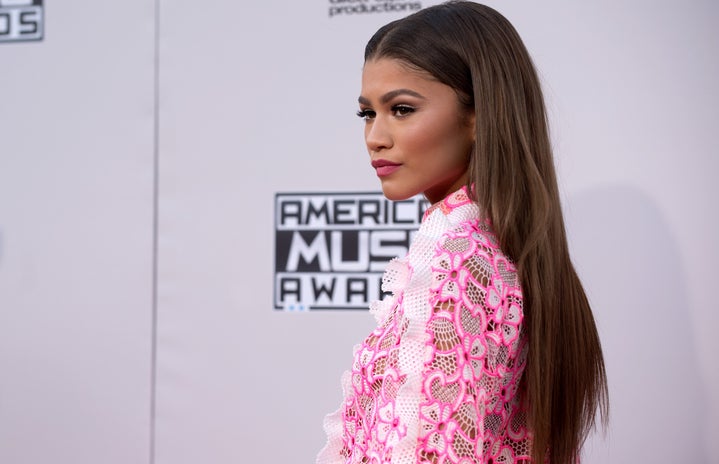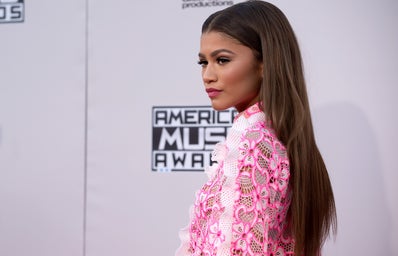On September 20th, during the 72nd Primetime Emmy Awards, Zendaya Coleman won Best Lead Actress in a Drama Series for her role as Rue Bennett in Euphoria. This was her first Emmy nomination and win against seasoned actresses like Sandra Oh, Jennifer Aniston and Olivia Colman. This isn’t just a huge win because she’s Zendaya––we’ve all known how amazing she is since the first episode of Shake It Up. This isn’t just a huge win because she is the youngest actress ever to win the award at 24 years old, either. Sure, early Emmy predictors assumed she wouldn’t snag the golden trophy because of her age but the last youngest to win was only last year when Jodie Comer, then 26, won for her role in Killing Eve.
This win is huge, especially to me and many other black women, because she is only the second black woman to win the award in the entire 72 years of the show. The last time, and the first time, a black woman won was Viola Davis in 2015 for How to Get Away With Murder, 67 years into the award show.
Despite it being 2020, there are still many firsts to be had for black women, let alone all women, and the Hollywood industry has a lot of black women-shaped holes. Representation may seem like it’s at an all-time high but really we’re really just getting recycled and/or stereotyped roles. Producers seem more like they’re trying to push a quota by adding the token black friend or two when we’ve been asking for so much more than that. Sure, there are films made from start to finish by a majority black team, but when it comes time for recognition, there’s none.
Take Queen & Slim for example. Directed by a black woman, Melina Matsoukas, makes the story authentically black. Yet, when the white-dominated award show, the Oscars, came around there wasn’t a single nomination to be found. The same goes for movies like Little, directed by Tina Gordon, and Clemency, directed by Chinonye Chukwu.
In an interview with The New York Times Style Magazine, popular black actresses like Halle Berry, Angela Bassett and Taraji P. Henson spoke about what they believe needs to be done to mend the lack of representation. They agreed that instead of getting enough seats at the big Hollywood table in attempts to make an impact, they are going to create their own table, led by black women for the black women of the future. More and more directors, screenplay writers and producers are black women to create stories that really come from their own voices.
https://www.instagram.com/p/CFaHbBZgKmx/
Starring in a role not centered around the basis of her race, Zendaya is just one of the many ladies leading the way for wiping away racial stereotyping in visual media. Zendaya gave her speech virtually, at home with friends, family and her team, in a beautifully connected two-piece with a polka-dot skirt and jeweled top (see stunning image above). She goes on to thank the TV Academy, her team, the casting crew for Euphoria, not failing to mention how weird it is to be celebrating in a time like now. It makes you appreciate her that much more. She ends with a shout out to the youth of our world, and despite Euphoria not “always the best example,” that they––I mean, we––as young people have so much hope. A lot of that hope goes out to the young black girls aspiring to fill the holes in the Hollywood industry.


